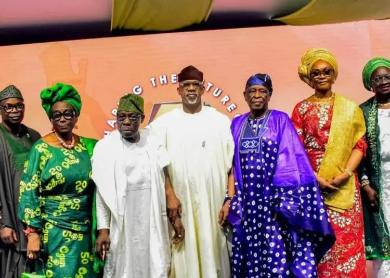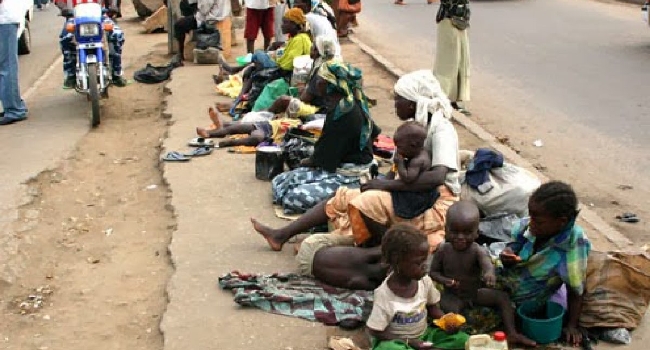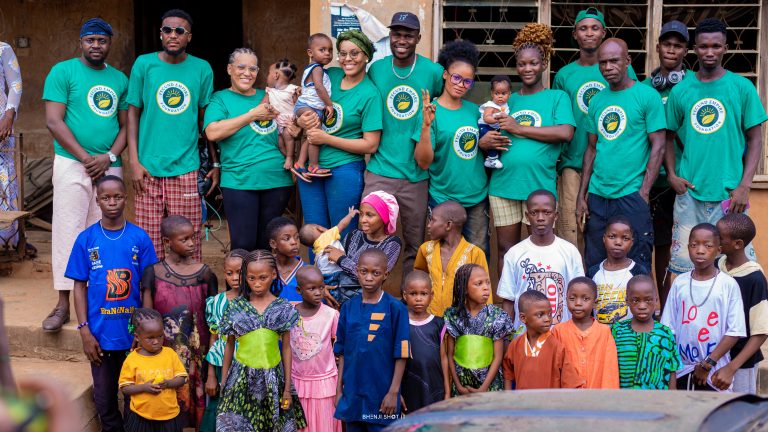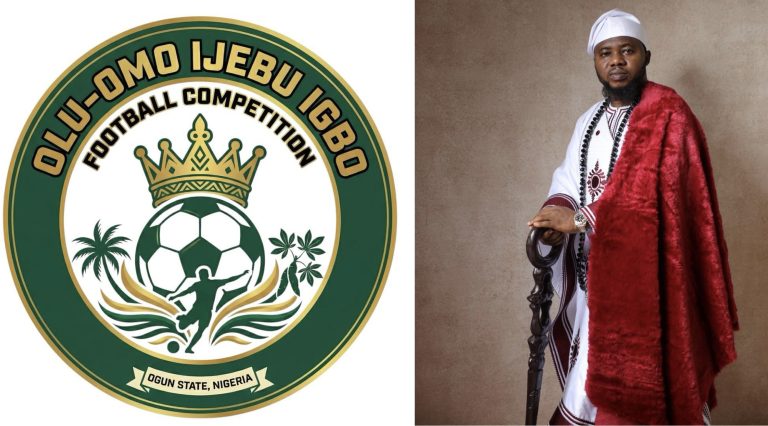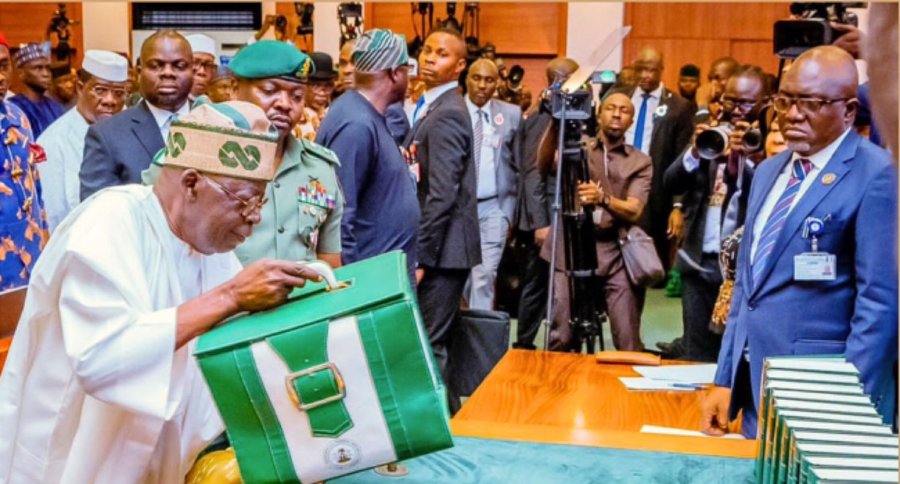
On Wednesday, President Bola Ahmed Tinubu presented Nigeria’s 2025 budget to a joint session of the National Assembly. This marks Tinubu’s second full budget since taking office in May 2023.
Tagged the ‘Restoration Budget: Security, Peace and Building Prosperity’, the budget was approved by the Federal Executive Council on Tuesday.
It projects N34.8 trillion in revenue and a total expenditure of N47.90 trillion. The budget deficit, according to the president, is projected to be N13.00 trillion, an equivalent to 3.89% of Nigeria’s Gross Domestic Product (GDP).
Debt servicing alone would accounts for N15.81 trillion of the spending plan. The budget is based on key assumptions, including a crude oil benchmark price of $75 per barrel, an inflation rate decline to 15%. Other assumptions include daily production of 2.06 million barrels, and an exchange rate of N1,500 to the dollar.
The largest allocation of N4.91 trillion is directed towards defence and security to address safety and stability.
Infrastructure projects are proposed to get N4.06 trillion, while education is allocated N3.5 trillion. Healthcare is also proposed allocated N2.48 trillion.
Tinubu further proposed N825.90 billion for infrastructure development in the education sector, N402 billion for infrastructural investment in the health sector, and N282.6 billion for the Basic Healthcare Fund.
Compared to the 2024 budget, there are notable increases. Education funding has risen sharply from N1.08 trillion in 2024 to N3.5 trillion in 2025. Defence and security funding increased from N3.25 trillion to N4.91 trillion.
Healthcare saw its budget grow from N1.08 trillion to N2.48 trillion. Infrastructure spending has more than tripled, moving from N1.32 trillion in 2024 to N4.06 trillion for the coming year.
But while the proposals show increased funding to key sectors, they still fall short of global standards. The United Nations Educational, Scientific and Cultural Organization, for instance, recommends that nations allocate 26% of their total public expenditure to education.
However, Tinubu’s proposal only allocated 7.31% to education. To meet the recommended standard, Nigeria would need about N8.97 trillion, based on the budget size.
The Abuja Accord also called for African nations to allocate 15% of their total budget to healthcare. This should amount to N7.9 trillion, but Nigeria only allocated N2.48 trillion.
